Longevity expert shares 5 crucial sleep habits that can help you age well — plus the 3 to avoid
Your sleep quality is impacting how well you age
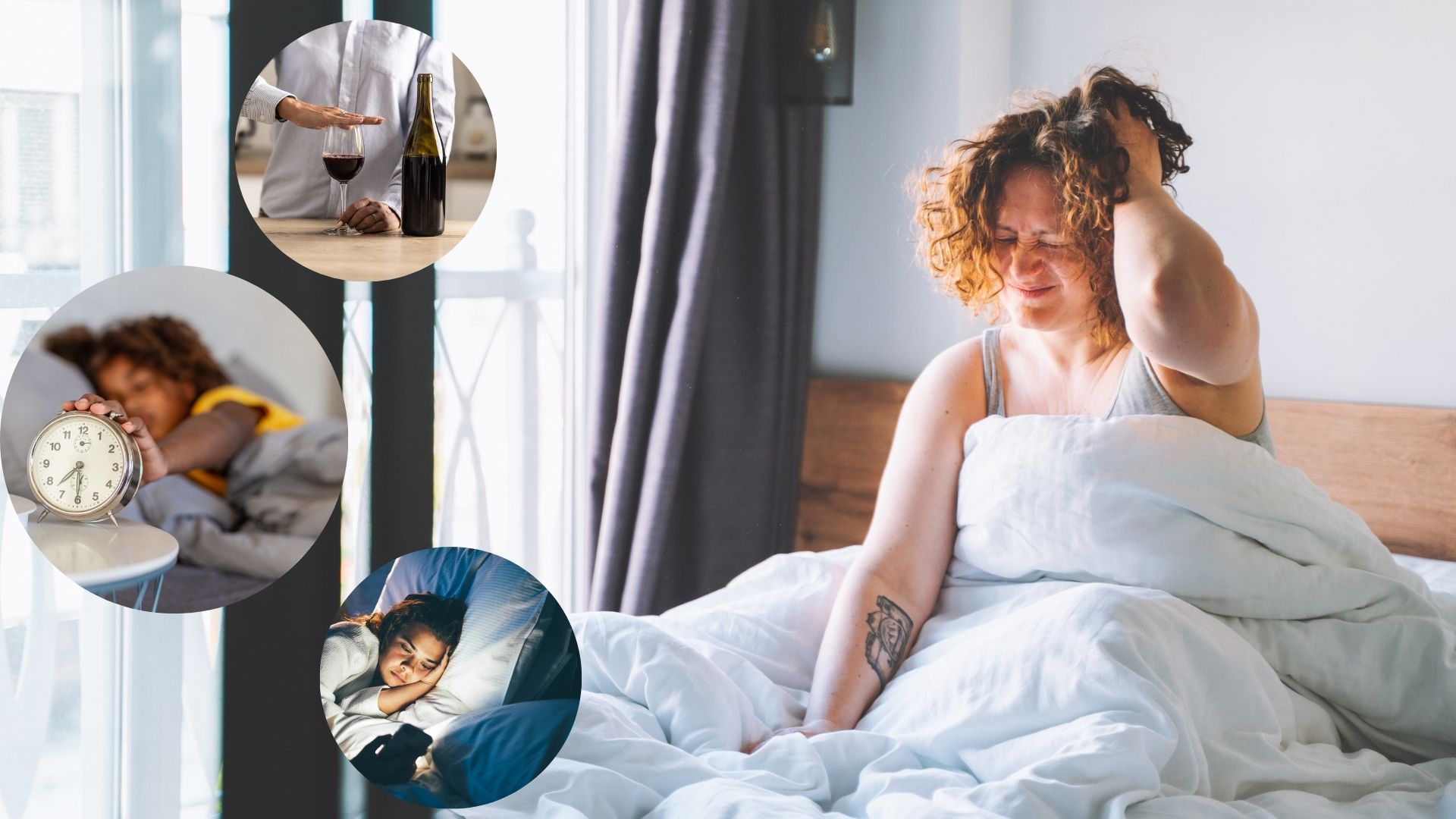
Here at Tom’s Guide our expert editors are committed to bringing you the best news, reviews and guides to help you stay informed and ahead of the curve!
You are now subscribed
Your newsletter sign-up was successful
Want to add more newsletters?

Daily (Mon-Sun)
Tom's Guide Daily
Sign up to get the latest updates on all of your favorite content! From cutting-edge tech news and the hottest streaming buzz to unbeatable deals on the best products and in-depth reviews, we’ve got you covered.

Weekly on Thursday
Tom's AI Guide
Be AI savvy with your weekly newsletter summing up all the biggest AI news you need to know. Plus, analysis from our AI editor and tips on how to use the latest AI tools!

Weekly on Friday
Tom's iGuide
Unlock the vast world of Apple news straight to your inbox. With coverage on everything from exciting product launches to essential software updates, this is your go-to source for the latest updates on all the best Apple content.

Weekly on Monday
Tom's Streaming Guide
Our weekly newsletter is expertly crafted to immerse you in the world of streaming. Stay updated on the latest releases and our top recommendations across your favorite streaming platforms.
Join the club
Get full access to premium articles, exclusive features and a growing list of member rewards.
Most of us view sleep as a means to recharge after a busy day, but good sleep quality also helps us age better, increasing not just our lifespan but also our healthspan.
Restorative sleep and getting enough shut-eye every night supports cellular repair, balance hormones and clear toxins from the body.
In this feature, we talk to two leading longevity experts on their non-negotiables when it comes to sleep, along with asking why sleep is one of the most powerful tools for preserving your healthspan — and how the quality of your rest may be the strongest indicator of how gracefully you’ll age.
What’s the relationship between sleep and ageing?
Sleep is one of the most powerful tools there is for slowing the ageing process, explains GP and longevity expert Dr Mohammed Enayat, founder of HUM2N.
This is because the quality of your sleep “dictates how well your body can repair itself at a cellular level,” the doctor explains.
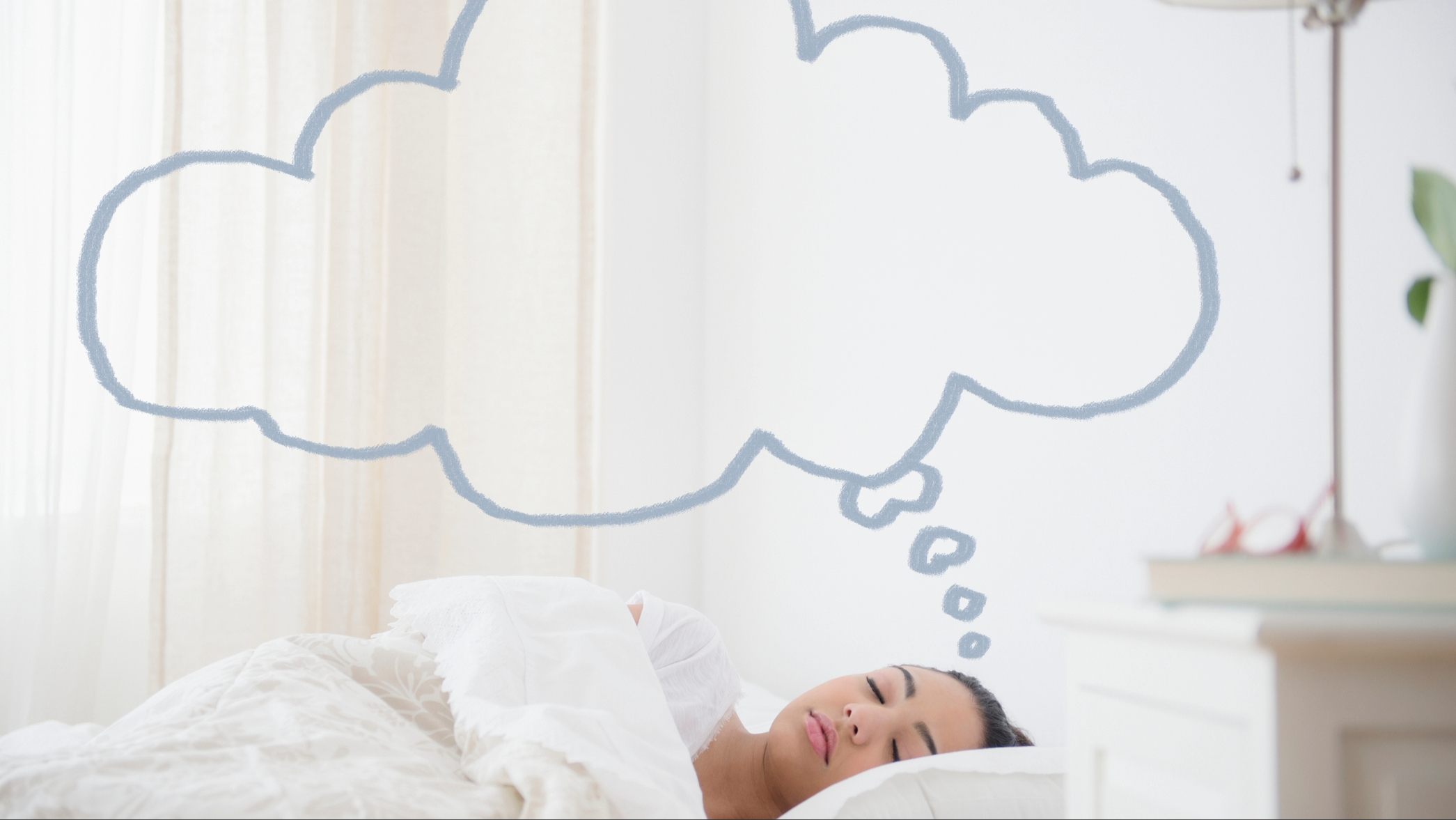
“During deep, restorative sleep, DNA damage is repaired, hormones are balanced, and the brain’s glymphatic system clears out toxic waste products that accumulate during the day.”
So, what happens when we don’t get enough sleep? “Without this critical period of overnight repair, cells age faster, inflammation rises, and resilience to disease weakens — all signs of ageing.”
Get instant access to breaking news, the hottest reviews, great deals and helpful tips.
In fact, research shows that poor sleep can raise the risk of age-related conditions such as dementia.
5 sleep non-negotiables to age well
Want to age better or live longer? Here, our longevity experts share their sleep non-negotiables to live by.
1. Keeping a consistent sleep schedule
If your sleep habits aren’t exactly ideal, it’s time to pay attention — as this one could be crucial.
“The body’s circadian rhythm (your internal body clock) thrives on routine, and going to bed and waking up at the same time every day helps to strengthen that internal clock,” explains Dr Enayat.
So, how can an inconsistent sleep schedule affect the ageing process?
A regular sleep schedule “allows the body to fall into deeper phases of sleep more efficiently, which is where the most powerful repair processes take place.”
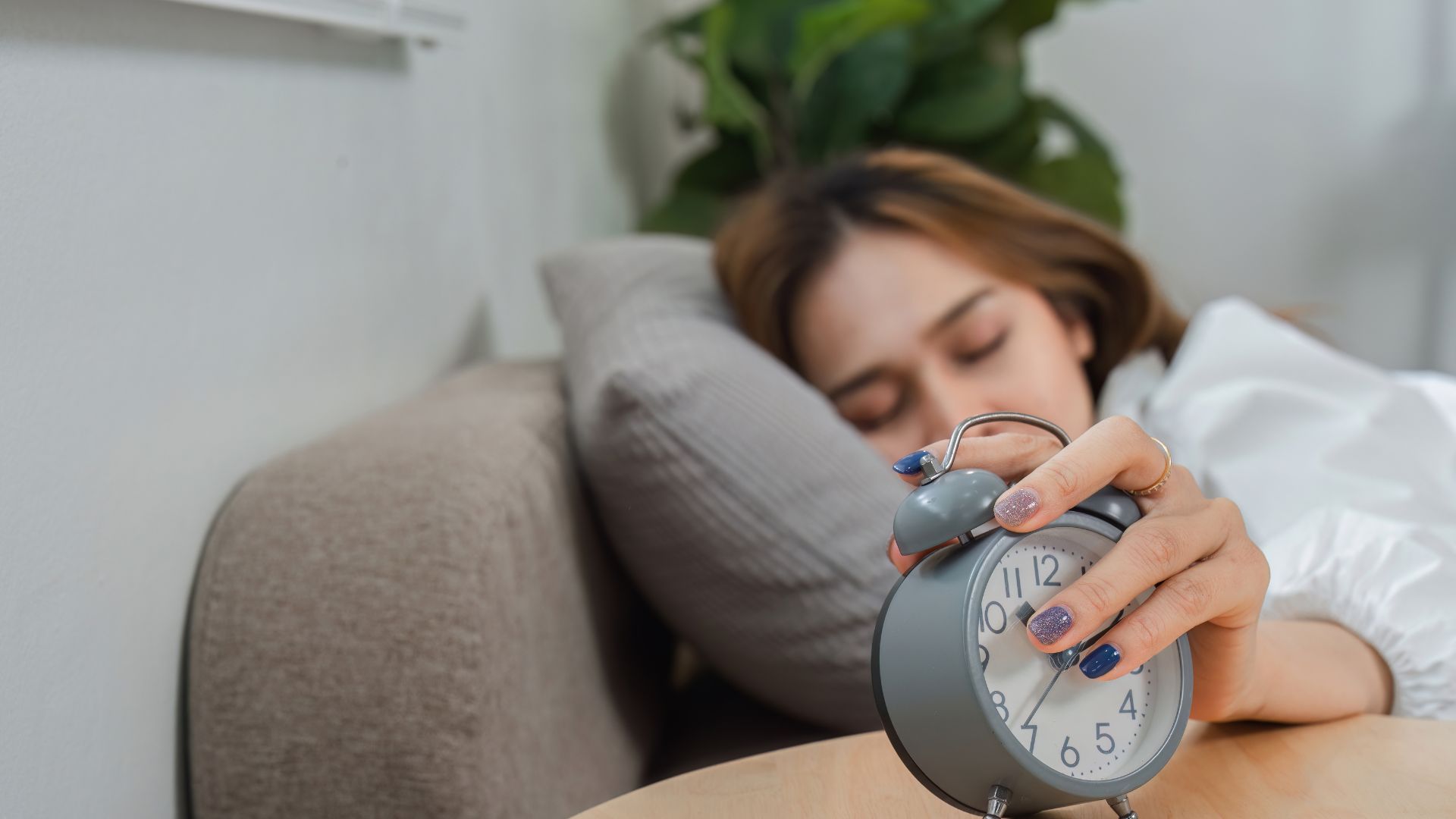
2. Avoid alcohol
Having a glass of wine in the evening may be your way of winding down, but could it also be affecting how your body ages?
Dr Tunc Tiryaki, Founder of Longevity Clinic London Regenerative Institute, admits that he completely avoids alcohol in the evening.
“Even small amounts disrupt sleep cycles, suppress REM sleep, and dehydrate the skin — factors that speed up visible and physical ageing.”
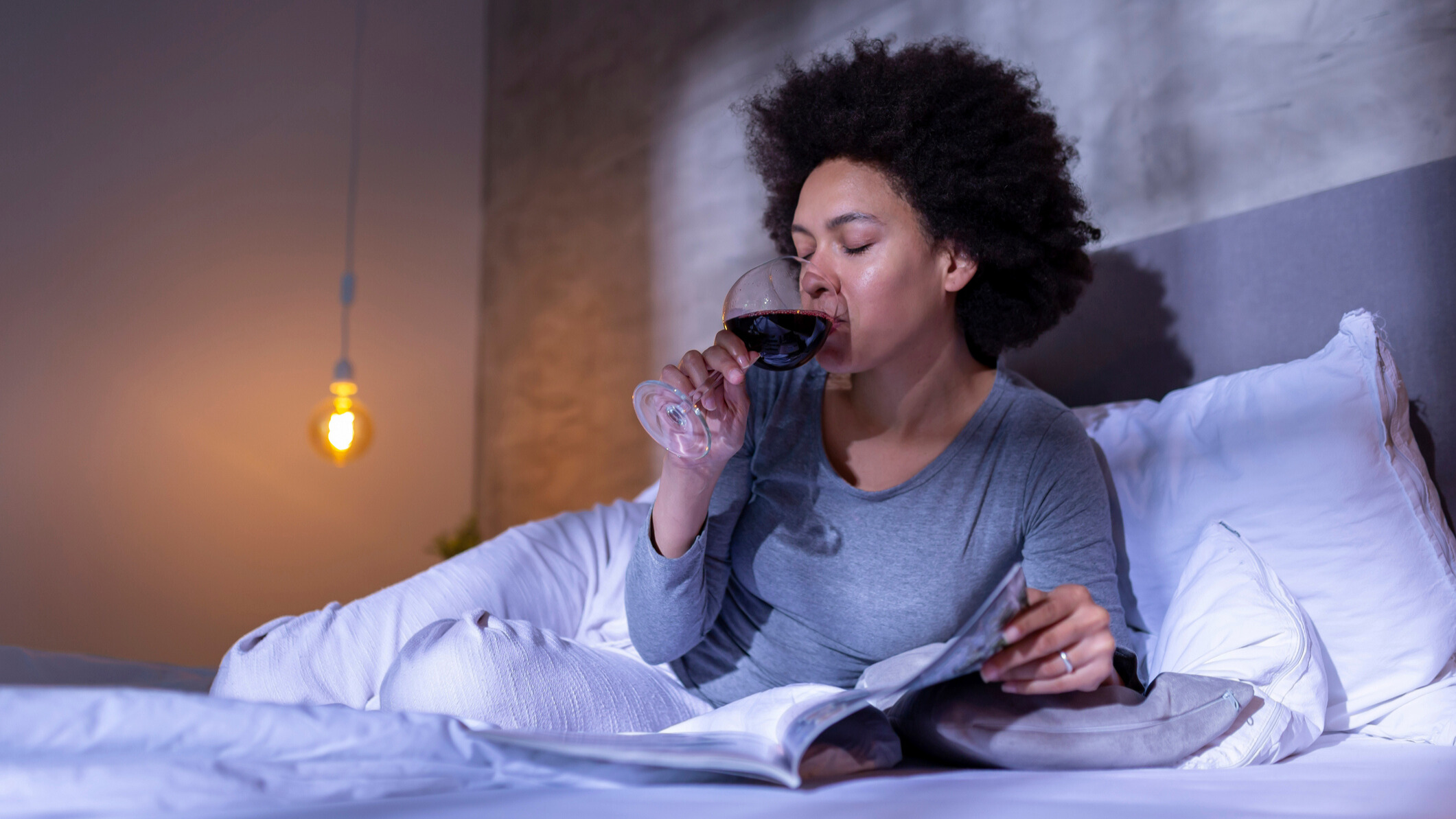
3. Magnesium
Adding a magnesium supplement, or prioritising a magnesium-rich diet, will help you nod off, says Dr Tiryaki.
“Magnesium calms the nervous system and reduces cortisol, directly improving sleep quality and slowing stress-related ageing.”
Research suggests that those with higher magnesium levels often experience better sleep quality — helping the body age better.
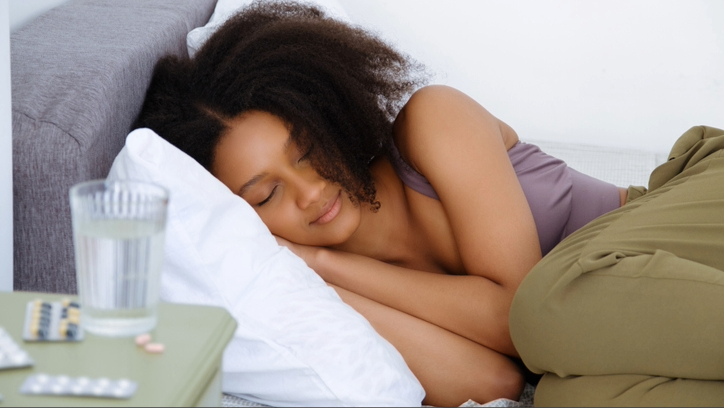
4. Natural light in the morning
Studies have shown morning sunlight can improve both “sleep quality and mood, setting us up for better restorative sleep at night”, says Dr Enayat.
Dr Tiryaki agrees, explaining that he prioritises sunlight “early in the day as it helps anchor my circadian clock and ensures healthy melatonin release at night.”
“It also helps regulate oxidative stress, which is vital for maintaining youthful skin,” he adds.

5. Optimising sleep environment
“I keep my bedroom cool, dark, and quiet to mimic natural sleep conditions,” explains Dr Tiryaki.
“Lowering my core body temperature helps me enter restorative sleep phases, which are essential for whole-body regeneration,” he adds.
A cool, dark, quiet room helps the body produce melatonin, which is not just a sleep hormone but also one of the body’s most powerful antioxidants, says Dr Enayat.
“it protects against DNA damage and oxidative stress,” the doctor explains.
He adds that creating a calm pre-sleep routine or turning off devices an hour before bed signals to the “nervous system that it’s time to rest, helping lower cortisol and protecting against the cellular ageing that comes from chronic stress.”

The top 3 worst sleep habits for premature ageing
So, now you’ve got the sleep 'dos', you need to know which 'don'ts' to avoid.
1. Late-night screen use
We’re all guilty of it, scrolling on our phones way past our bedtime, but as well as affecting our sleep, it could be prematurely ageing us.
“The blue light delays melatonin release, which shortens and lightens sleep cycles,” says Dr Tiryaki.
“Without enough deep sleep, the body can’t properly repair DNA in skin cells, immune defences weaken and signs of ageing, like dullness and uneven tone, become more visible.”
Dr Enayat adds that this suppression of melatonin matters for ageing, because “melatonin is a powerful antioxidant that protects against oxidative stress. Without it, we expose our cells to more damage, which accelerates ageing at a biological level.”
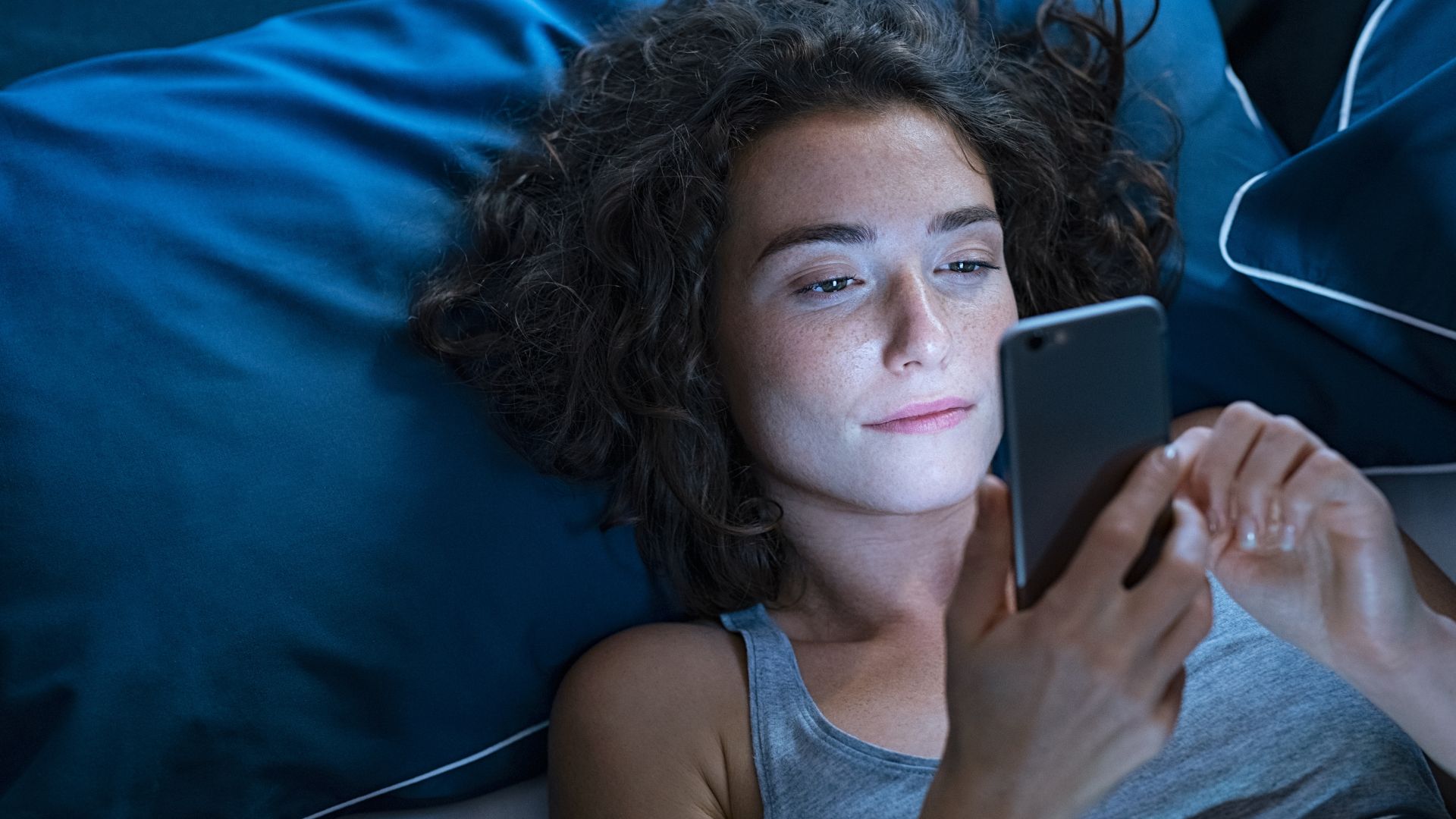
2. Chronic sleep restriction
One of the worst habits Dr Tiryaki sees is clients consistently sleeping fewer than six or seven hours a night.
“This doesn’t just leave people tired, it accelerates ageing at the cellular level. Inadequate sleep raises inflammation and interferes with collagen repair.”
The body simply cannot keep up with the repair demands without sufficient rest
Dr Enyat adds that if you're not sleeping enough, you’ll not only “feel the short-term effects of fatigue and poor concentration, but studies show they also develop shorter telomeres and greater insulin resistance, and faster skin ageing due to reduced collagen repair. The body simply cannot keep up with the repair demands without sufficient rest.”
He adds that when we consistently deprive ourselves of rest, the body is unable to repair cellular damage, balance hormones, or clear toxins through vital processes such as glymphatic drainage in the brain.
He explains how this "accelerates biological ageing, increases the risk of chronic disease, and undermines cognitive resilience."

3. Irregular sleep schedule
One of the best things for longer or restorative sleep and better ageing is keeping to a more consistent sleep schedule.
“Many people constantly change their bedtimes or try to 'catch up' on weekends, but this confuses the circadian rhythm, disrupting metabolism, blood sugar regulation and hormone balance,” explains Dr Tiryaki.
Enayat add that this can disrupt the circadian rhythm the same way as flying across time zones. “Over time, this desynchronisation has been shown to increase inflammation, disturb metabolic health, and heighten the risk of cardiovascular disease.”

Sarah is a freelance writer who has been published across titles including Woman & Home, The Independent, and the BBC. Sarah covers a variety of subjects, including health and wellness. For Tom's Guide Sarah often writes about sleep health and hygiene, and interviews leading sleep experts about common issues such as insomnia and sleep deprivation.
You must confirm your public display name before commenting
Please logout and then login again, you will then be prompted to enter your display name.
 Club Benefits
Club Benefits





